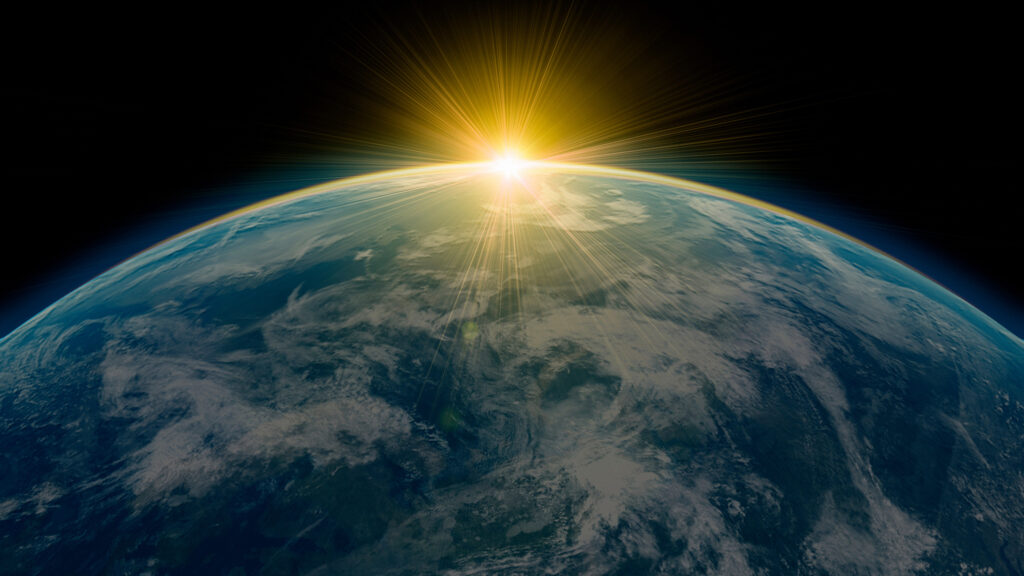As Christopher Monckton inconveniently points out, the satellite data now show no warming for the last six years, possibly seven, a second major “hiatus” in the 21st century. How can that be since CO2 kept rising even in the pandemic? Even more inconveniently, he quotes the IPCC’s 1990 report in which they solemnly warned we were in for 1.8 degrees C warming by 2030, of which 1.26 should have happened by now. But the actual anthropogenic warming since 1990, if we assume 70 percent is due to greenhouse gases, was only 0.43 degrees C, about one-third the expected amount. Monckton points out, and we suppose it needs pointing out in the current dogmatic atmosphere, that the models that predict increasing temperature with increasing CO2 are not dealing with this issue very well.
Interestingly he does not say there is no human influence, just that the models are built to exaggerate it and do so. And after walking us through the math (“Reference sensitivity to doubled CO2 is the product of the 3.52 W m–2 doubled-CO2 forcing (Zelinka et al. 2020) and the Planck parameter 0.3 K W–1 m2: i.e., 1.05 K.)”, he rallies the survivors with “Come on, guys! When are you going to notice that the Sun is shining? It is the Sun that is responsible for very nearly all feedback response in today’s climate.”
Now if so, as he also says, “that ends the climate emergency.” But it also creates a bit of a puzzle. Or rather shines light on it. It was widely assumed by all right-thinking persons that among the many benefits of the massive COVID-19 lockdowns, there would be a reduction in human CO2 output and hence of the increase in atmospheric CO2. Because, as all right-thinking persons know, the carbon cycle is a wonderful illustration of the dynamic harmony of nature but human CO2 is yucky and can’t be digested. But while there was a decrease in productive activity and in the use of fuel it requires, atmospheric CO2 continued to rise as if nothing relevant had happened.
It may not have because the relationship between CO2 and warming is not what it seems. And here we must detour to explain that the famous Vostok ice cores that Al Gore thinks give a reliable year-on-year record of atmospheric CO2 actually do nothing of the sort. Instead, as Jo Nova observes in Climate Change: The Facts 2020 (p. 85 – but don’t Google “climate change the facts” because they just steer you to David Attenborough and that crowd), “the bubbles form in slow motion – taking anything from 10 years to 2000 years to completely seal off from the air above…. spikes or dips in CO2 will be flattened out…. if CO2 levels rose rapidly for 100 years in 90,000 BC, the ice cores wouldn't detect it at all…. Most of the data points in the Vostok core are between 200 and 2000 years apart.” And if it is the case that atmospheric CO2 changes in response to temperature, this gap in the record is not trivial.
The implication is that past warming periods may have seen CO2 rise substantially without leaving a mark in this proxy record. Since, for instance, the Medieval Warm Period was only about 350 years long, CO2 could have spiked at 400 ppm and we would never know from Vostok. And it matters directly here because as Nova says of the single most important discovery from those ice cores, “Between 1993 and 2003 it was discovered (quietly) that temperature was driving CO2 levels, and not the other way around. Cause and effect were back to front and thereafter were barely spoken of again. In the end, it was just basic chemistry; the oceans contain 50 times the amount of CO2 as all the air in the sky. As the oceans warmed, they degassed and released CO2. Whatever drives temperature, by default, indirectly drives CO2.”
If so, the reason CO2 is rising is that the planet has been warming and not the reverse. If not, why isn’t the planet warming as CO2 rises? It’s kind of important to the story.



I've said before in these comments, and it's worth saying again: the Vostok data indicates that CO2 levels lag temperature by about 800 years. If we want to know why CO2 levels are rising today, we need to ask what global temperatures were doing 800 years ago. Medieval Warm Period, anybody?
By Jove, Graves, I think you've got it!
(I have been making the same argument ever since "An Inconvenient Truth" came out.)